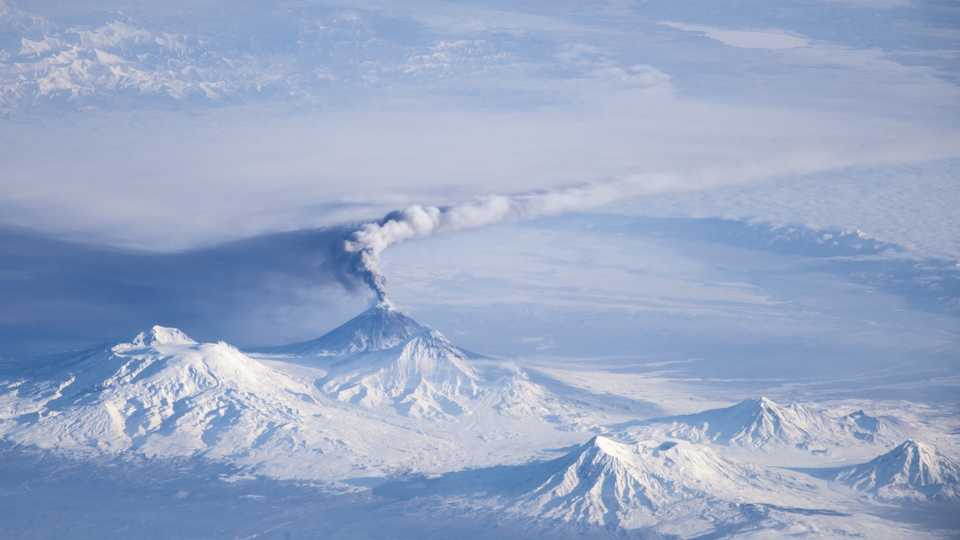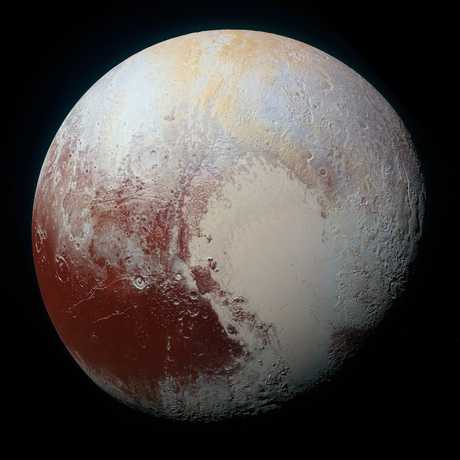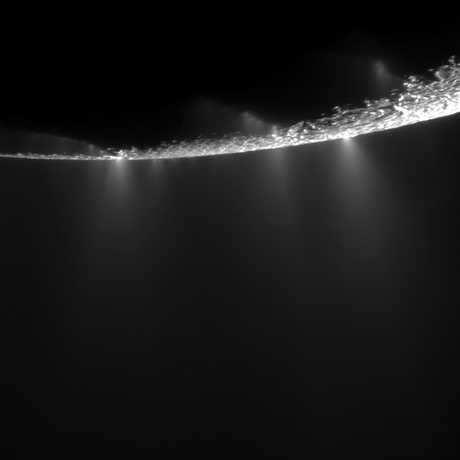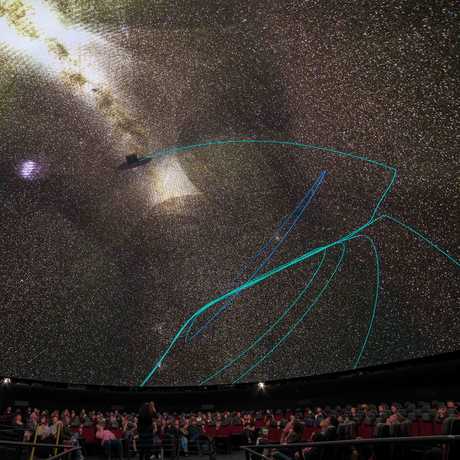Each month, renowned astronomers share their latest research at Morrison Planetarium.
Universe Update
Thoughts from a Planetarian: Earth is the Best Planet
As we talked about briefly in the second Thoughts from a Planetarian, people care about planets an inordinate amount. I think part of it is that it’s one of the first times in our education when we’re given agency over what we learn about and thus “What’s your favorite planet?” has become one of those questions like “What’s your favorite color?” or “Who’s your favorite Backstreet Boy?” that enters the minds and the lexicon of children. When I was in third grade I chose to write my planet report on Uranus (for obvious reasons).
So I often get asked “What’s your favorite planet?” (and not always by children), and I’d like to address it now once and for all.
*ahem*
Earth is, objectively, the best and most interesting planet—and it’s not even close.
Earth gets a bad rap because we live here and we’re used to it, but even without us (maybe in spite of us) Earth still has more going on than every other planet combined.
Earth has:
-
An active core
-
Plate tectonics and its direct results:
-
Earthquakes
-
Mountain ranges
-
Subduction zones
-
Rifts
-
A surface that recreates itself every few hundred million years
-
-
Ongoing volcanism
-
An active hydrosphere
-
An abnormally large moon that causes noticeable tides on the surface
-
A crust that is chemically distinct from the interior
-
Life
-
Me
Some of the planets have one or two of ’em, but none are remotely close to having all. Near as I can tell the most similar objects are Titan—technically a moon, but it does have liquid on its surface—and Pluto, which has lots of similar processes except they happen way slower.
Now I know what you’re thinking: “Wait, but what about ring systems? Saturn has gorgeous rings!” Fair point, Earth doesn’t have rings. But soon Saturn won’t either. They’re rapidly deteriorating and raining on Saturn. They’re only 100 million years old and will be gone in 300 million years—drenching Saturn in icy rain as they plummet into its atmosphere.
Earth is also spectacularly beautiful. Most worlds are predominantly a single color—or shades of a single color. Earth has all of them, in abundance. Part of it is due to life, but even without life, the views are stunning. Now that isn’t to say that other places don’t have beautiful vistas, but we don’t have nearly as many pictures.
And of course you’re allowed to have a different opinion, you can like Saturn or Jupiter or whatever, just keep in mind that you’re wrong and they aren’t nearly as cool or interesting as Earth is.
Why Thoughts from a Planetarian?

Hello, my name is Ethan, and I work at a planetarium.
Planetariums are a unique interface where the public brushes up against hard science in a very genuine way. As part of my job I get to talk to—and answer questions from—many audiences about astronomy, and I have noticed some things. Some of the reactions I share are well thought out, most aren’t, all I find interesting, and I hope you do too.
Also, we’re trying to build up our web presence, and after looking at the data it seems our most successful articles include pictures or feature employees. So in a desperate cry for attention, here’s both!
The data says this will work.




